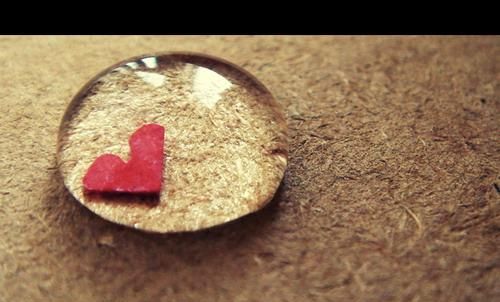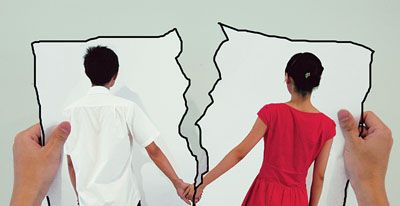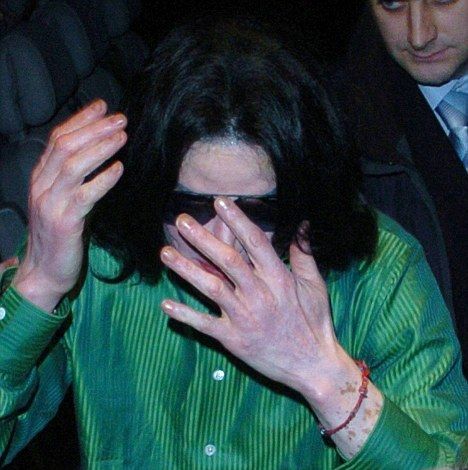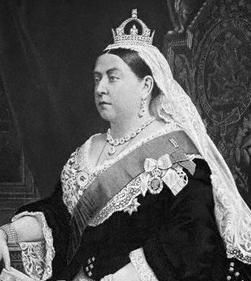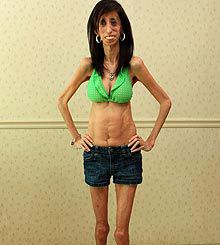星巴克回收旧杯子做新纸杯!越发环保了
|
Earlier this year, Starbucks sent 18 truckloads of old paper cups to a paper mill in Wisconsin to prove a point: Contrary to a widespread myth, paper coffee cups can be recycled cost-effectively. The cups–25 million in total, from excess inventory that the coffee chain otherwise would have sent to landfill–were processed at the mill. Then the recycled fiber was sent to another partner to be incorporated into paperboard for new Starbucks cups. The pilot project was a way to “demonstrate that a coffee cup can be turned back into a coffee cup,” says Jay Hunsberger, VP of sales for North America from Sustana, the mill that recycled the old cups. At the mill, the cups were mixed with water and ground into a pulp with a seven-foot-tall corkscrew to begin to separate the plastic lining that helps keep coffee cups from getting soggy. The fibers were screened and washed to finish the separation, then made into sheets and sent to WestRock, a packaging company, to be made into paperboard. At a third company, Seda, the board was printed with the Starbucks logo and shaped into new cups. “There's a misconception right now in the industry regarding the recyclability of poly-coated paperboard,” says Mike Mueller, senior manager of product marketing at WestRock. But it's no more expensive to recycle cups than other paper, Hunsberger says. And whether they are used or not also doesn't matter. Before the pilot with Starbucks, Sustana already regularly recycled other coated food containers like milk cartons. One challenge is the supply–if it's hard for a mill to predict how many cups it will get, it makes it hard to run efficiently. But if a mill knows that it will get a continuous stream of a certain percentage of cups, it's not difficult to handle. “The material does behave a little differently, you do modify your process to be able to handle it, but if it is a consistent add into your process, then you can adapt for it and run it”. Seattle, New York City, and D.C. are among a handful of other cities that also recycle cups. The latest city to begin recycling paper coffee cups is Denver, which recently sent its first shipment of two truckloads, or around 88,000 cups, to Sustana. Starbucks uses 10% recycled paper content in its new cups, and aims to double that by 2022. If the retailer decided to source that recycled fiber from its own cups, in the closed loop that it tested in the recent pilot, that might drive more demand for paper mills and local recyclers to accept the cups. Current paper machine equipment can't make a 100% recycled paper coffee cup yet, but equipment can incorporate more recycled fiber–as much as 40-50%–so Starbucks and other cafes could also aim for more ambitious goals. |



